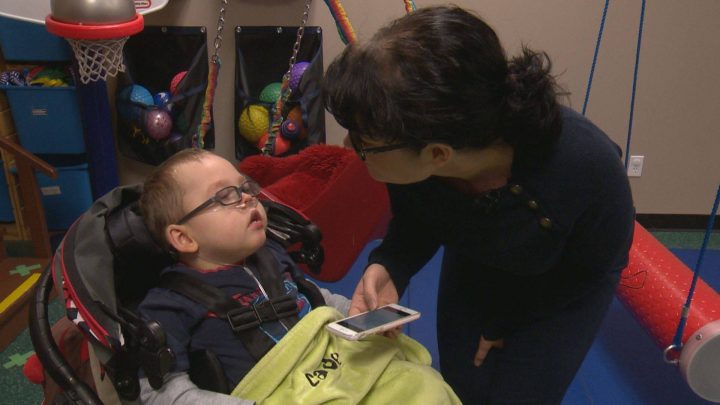Saskatchewan’s Early Learning Intensive Support (ELIS) program is expanding to five new communities.

The pilot program is for prekindergarten children who have significant developmental delay and require intensive support to meet their potential. This may include children with visual impairments, who are deaf or hard of hearing, have autism spectrum disorder, or complex medical needs.
Saskatchewan government officials announced March 14 that ELIS programs will be established in Moose Jaw, North Battleford, Prince Albert, Swift Current and Yorkton.
Tom Michaud, the superintendent of the Saskatchewan Rivers Public School Division, said he is excited to see the program bring 28 new spots to Prince Albert.
“Our current practices in inclusive education will be enhanced with the additional resources that ELIS will allow us to access in order to provide high-quality educational programming to more prekindergarten students requiring intensive supports,” Michaud said in a press release.
Launched in spring 2018, with funding from the federal government, the pilot provides funding for school divisions to create new spaces in existing prekindergarten programs for children with intensive needs.

Get breaking National news
Nearly 110 pre-school aged children with intensive needs are currently attending prekindergarten programs at schools in Regina and Saskatoon. Once the expansion is complete, it will bring the number of available spots to 170.
WATCH BELOW: Sask. gov’t and STC end legal action, working together to improve child welfare

The Canada-Saskatchewan Early Learning and Child Care Agreement is providing over $2 million for the program.
Funding will allow school divisions to provide additional supports, which includes hiring more educational assistants and bringing in specialized resources.


Comments
Want to discuss? Please read our Commenting Policy first.